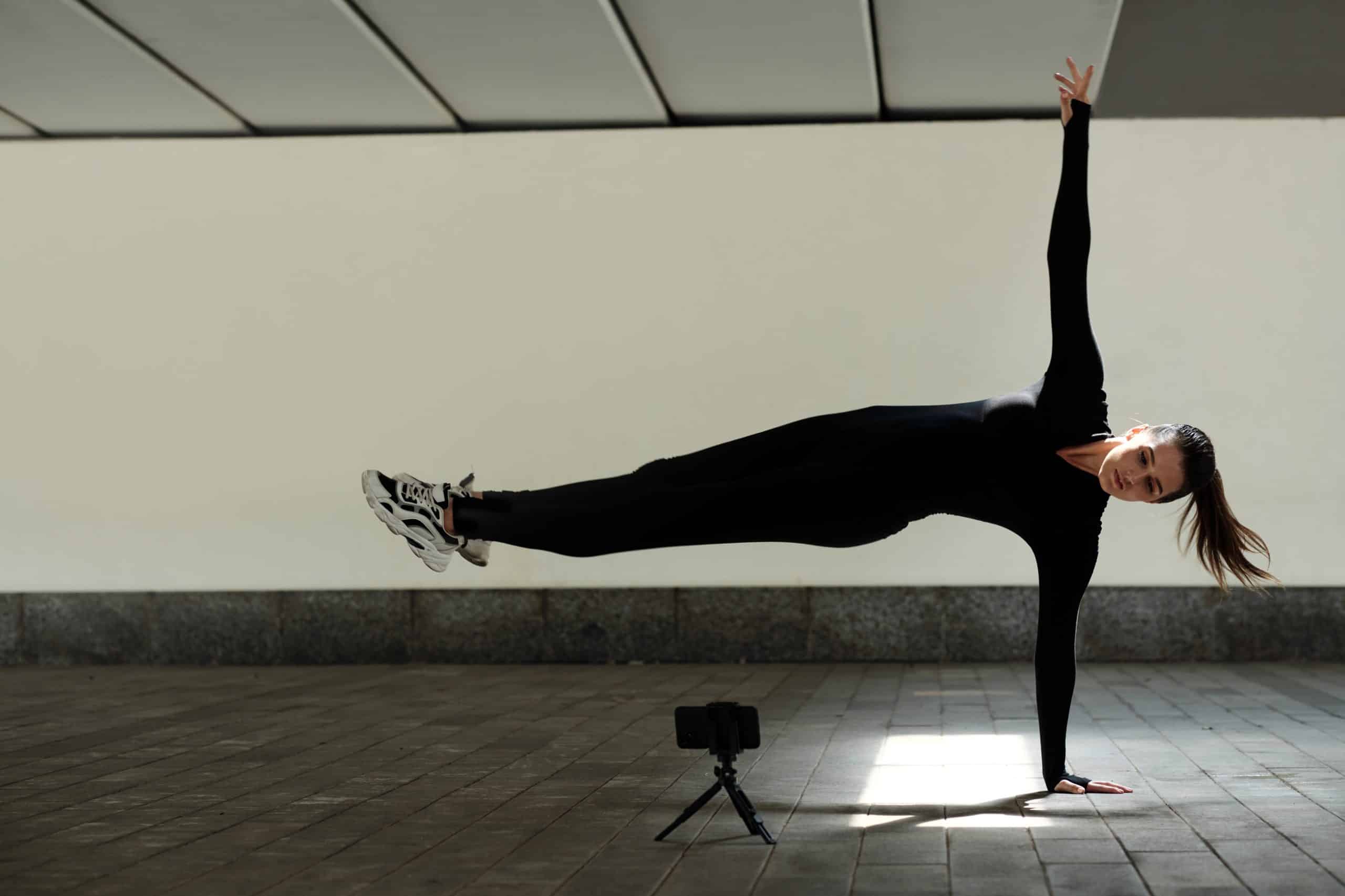The world of sports is no stranger to the pursuit of excellence. Athletes continuously seek new ways to improve their performance, and a growing body of research suggests that quality sleep may be a key factor. As athletes, you understand that preparation is not limited to the time you spend on the field, track, or gym. Your habits and routines outside of your training hours play an essential role in your performance.
Today, the impact of sleep on athletic performance is a subject of increasing interest among sports scientists. In this article, we explore the relationship between sleep and performance in endurance athletes and discuss how sleep monitoring can influence training and recovery.
Have you seen this : How to Optimize Agility and Coordination Drills for Squash Players?
Sleep and Athletes’ Performance
Sleep is a crucial aspect of athletic performance. It is during sleep that the body recovers and rebuilds from the stresses and strains of training. Several studies have highlighted the importance of quality sleep for athletes, and a quick search on Google or PubMed will reveal a plethora of articles on the subject.
There’s a reason why you’re advised to get a full night’s sleep before a big game or race. When you’re well-rested, your reaction times are quicker, your mood is better, and your performance improves. As an athlete, your ability to recover quickly is vital for maintaining peak performance. Lack of quality sleep hampers recovery, resulting in lower energy levels and impaired performance.
Have you seen this : How Can Real-Time Analytics Improve Pitching Strategy in Baseball?
Research suggests that the optimal sleep duration for athletes varies, but generally falls between seven to nine hours per night. One study found that basketball players who increased their sleep duration to a minimum of ten hours per night improved their speed and accuracy.
The Role of Sleep Monitoring
Sleep monitoring can play a significant role in optimising an athlete’s performance. Devices like sleep trackers provide data on sleep duration, quality, and patterns. This information can help figure out how the athlete’s sleep correlates with their performance, and plan their training accordingly.
Elite athletes, in particular, need to monitor their sleep patterns closely. The competitive nature of elite sports often leads to a high-stress environment, which can adversely affect sleep quality. Regular monitoring can help detect any changes in sleep patterns, allowing for early intervention if necessary.
Moreover, sleep monitoring can provide crucial insights into the athlete’s recovery process. By observing patterns in their sleep data, athletes and their coaches can better understand how different training loads affect recovery time.
The Effects of Sleep Deprivation on Athletes
Sleep deprivation can have significant effects on an athlete’s performance. Lack of sleep affects both physical and mental faculties. These effects are particularly noticeable in endurance sports, where athletes rely heavily on their stamina and mental resilience.
Physically, sleep deprivation can lead to decreased reaction times, reduced endurance, and increased susceptibility to injury. Mentally, it can lead to decreased concentration, increased mood swings, and impaired decision-making abilities.
Moreover, chronic sleep deprivation can have severe long-term effects. Studies have shown that it can lead to decreased immune function, increased risk of illness, and even increased risk of mental health issues such as depression and anxiety.
Improving Sleep Quality: Recommendations for Athletes
Improving sleep quality is not just about increasing sleep duration. Athletes should focus on improving all aspects of sleep, including its timing, regularity, and environment.
Maintaining a regular sleep schedule can significantly improve sleep quality. Athletes should aim to go to bed and wake up at consistent times each day. This helps regulate the body’s internal clock, leading to improved sleep quality.
The sleep environment also plays a crucial role. Athletes should ensure their bedroom is quiet, dark, and at a comfortable temperature. Using sleep aids such as earplugs, eye masks, or white noise machines can help create an optimal sleep environment.
Additionally, limiting exposure to screens before bedtime can improve sleep quality. The blue light emitted by electronic devices like smartphones and laptops can interfere with the body’s natural sleep-wake cycle, making it harder to fall asleep.
Last but not least, diet and lifestyle choices can significantly affect sleep quality. Athletes should avoid caffeine and alcohol close to bedtime, both of which can interfere with sleep. Regular exercise can also improve sleep quality, but athletes should avoid strenuous exercise close to bedtime as it can make it harder to fall asleep.
In conclusion, sleep is a crucial aspect of athletic performance and recovery. By monitoring their sleep, athletes can gain valuable insights into their sleep patterns and make necessary adjustments to optimise their performance and recovery. As an athlete, prioritising sleep is one of the most effective ways to enhance your performance and overall wellbeing.
Utilizing Sleep Monitoring Technologies and Resources
With the availability of advanced sleep monitoring technologies, athletes now have the ability to track and analyze their sleep patterns effectively. These tools can be of various types such as wearable devices, mobile apps, and even smart beds or mattresses. They track several metrics including sleep duration, sleep stages (light, deep, REM), sleep onset, frequency of awakenings, and more.
The data gathered from sleep monitors can provide crucial insights. For instance, an athlete may discover a correlation between poor sleep quality and decreased performance during training sessions. Recognizing this pattern, they can make the necessary adjustments to their sleep habits to enhance performance.
In addition to technology, athletes can also utilize resources available online to understand the impact of sleep on their performance. Platforms like PubMed Google and Google Scholar offer a wealth of research articles and studies detailing the effects of various sleep parameters on different aspects of athletic performance.
Moreover, consulting with sports scientists and sleep experts can provide personalized advice based on the athlete’s specific needs and training regimen. They can interpret the data from the sleep monitor, identify any issues, and suggest practical solutions.
Conclusion: The Importance of Prioritizing Sleep for Athletic Performance
To sum up, sleep quality plays an integral role in determining an athlete’s performance. Sleep deprivation can lead to a decline in both physical and mental faculties, negatively impacting the athlete’s abilities. On the other hand, maintaining optimal sleep duration and quality can significantly enhance performance, speed up recovery, and boost overall health.
With the aid of sleep monitoring technologies, athletes can closely monitor their sleep patterns and make necessary adjustments. Additionally, resources like PubMed Google and Google Scholar offer valuable insights into the latest research on sleep and athletic performance.
The importance of sleep cannot be overstated. As an individual in the world of endurance sports, it is vital to understand the profound impact sleep has on performance. Elite athletes should make sleep a priority, just like their training and diet. By doing so, they can ensure they are at their best during competitions and maintain a healthy lifestyle off it.
In the words of the renowned sleep researcher, Dr. Charles Czeisler, "Sleep is the most powerful performance enhancer known to humankind." So, whether you’re an elite athlete or a fitness enthusiast, remember – the key to outstanding performance could lie in your habitual sleep.











